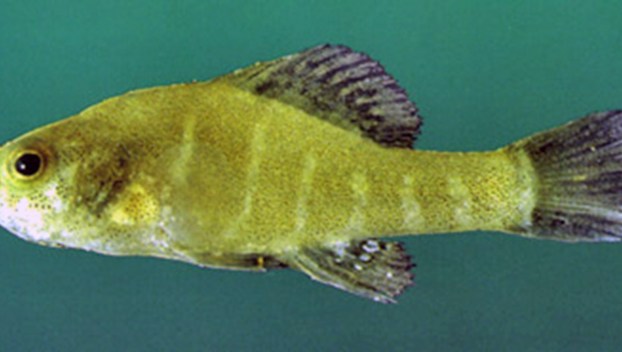
Local News
Agency says it’s working to protect endangered fish
The U.S. Fish & Wildlife Service is in the process of completing a critical habitat designation for the ... Read more

The U.S. Fish & Wildlife Service is in the process of completing a critical habitat designation for the ... Read more